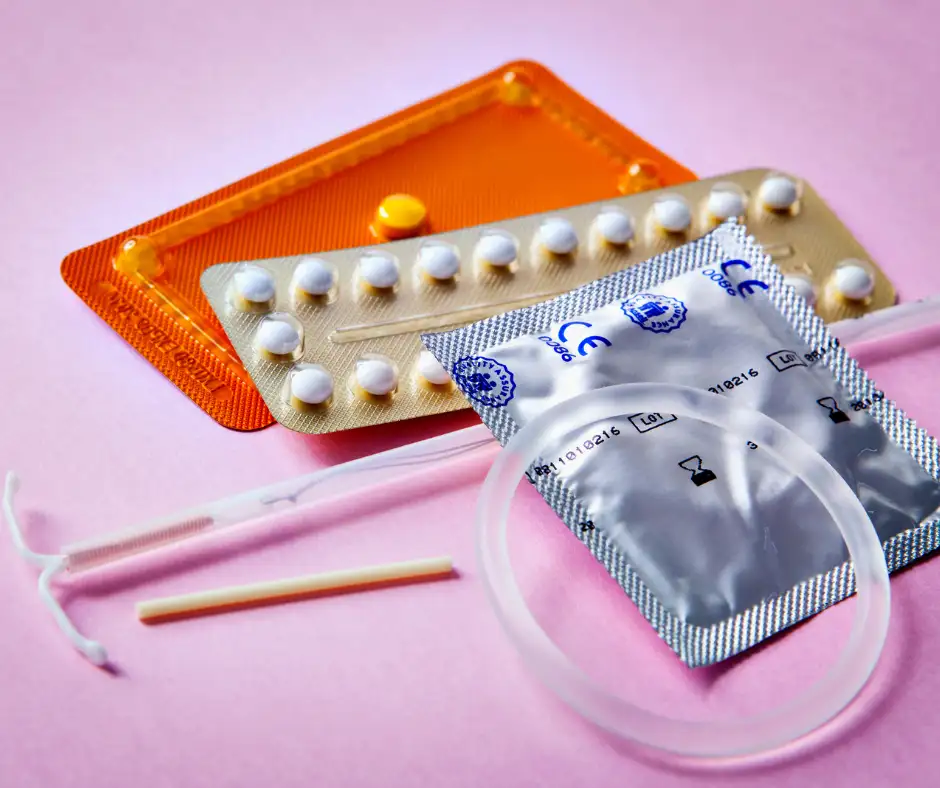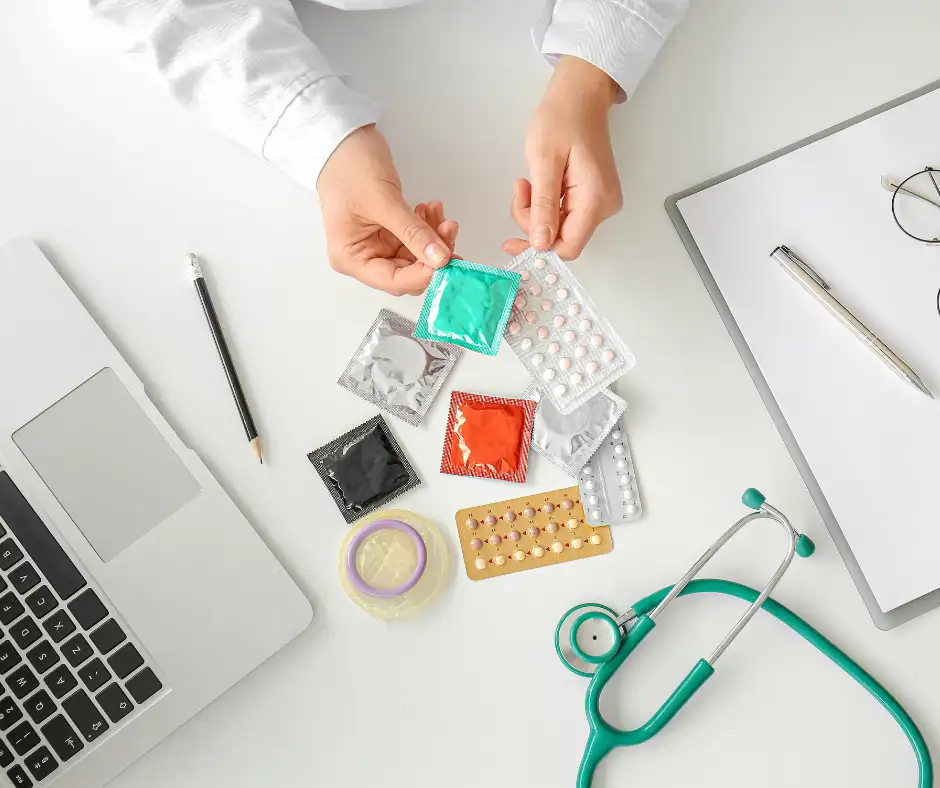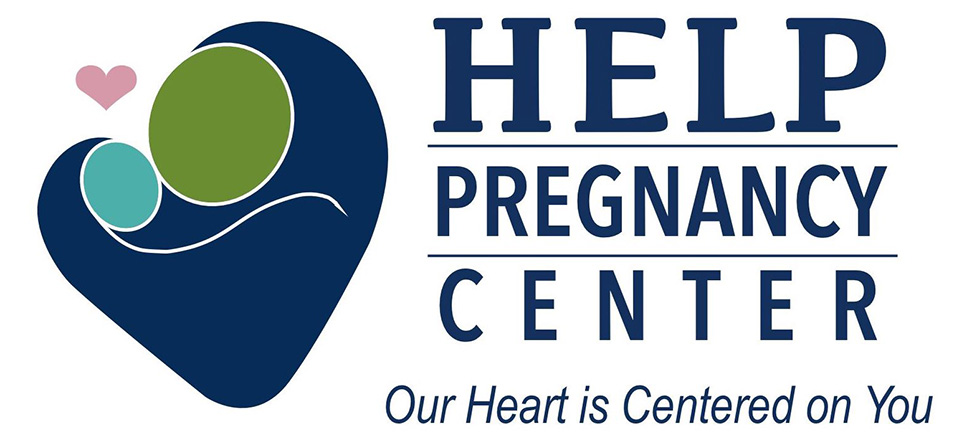Emergency Contraceptives
Frequently Asked Questions
What is Emergency Contraception?
Emergency contraception are products intended to prevent pregnancy after unprotected sex. It is commonly used when another contraceptive method has failed (condom broke/slipped, forgetting birth control pills, expulsion of an IUD or implant), no contraception was used, or after a sexual assault.
How does it work?
Emergency contraceptives work mostly by stopping or delaying ovulation (the release of an egg from the ovary). Sometimes, emergency contraception may work by preventing the fertilization of an egg by the sperm if ovulation has already occurred. It is important to know that emergency contraception is not 100% effective and might prevent the implantation of a fertilized egg.
What are the different types of emergency contraception?
There are 2 types of emergency contraception: 1) a copper intrauterine device (IUD) 2) emergency contraception pills. Some pills can be bought over the counter at a pharmacy and others require a prescription. An IUD must be inserted by an OB-GYN or other healthcare professional.
Does emergency contraception have side effects?
Side Effects of Emergency Contraceptive Pills:
- Headache
- Nausea and vomiting
- Breast tenderness
- Abdominal pain
- Dizziness
- Fatigue
- Heavy or light menstrual bleeding
Side Effects of Copper IUD:
- anemia (low red blood cell count)
- expulsion (complete or partial)
- pain during sex
- spotting
- prolonged periods
- painful periods
- vaginal irritation
- vaginal discharge
- backache
- pain and cramping



Sources:
- https://www.acog.org/womens-health/faqs/emergency-contraception
- https://www.drugs.com/article/emergency-contraceptive-pill.html
- https://www.aafp.org/pubs/afp/issues/2012/0815/p365.html
- https://lozierinstitute.org/emergencycontraceptives/
- https://www.womenshealth.gov/a-z-topics/emergency-contraception
- https://www.aafp.org/pubs/afp/issues/2012/0815/p365.html
- https://www.drugs.com/pro/paragard.html
